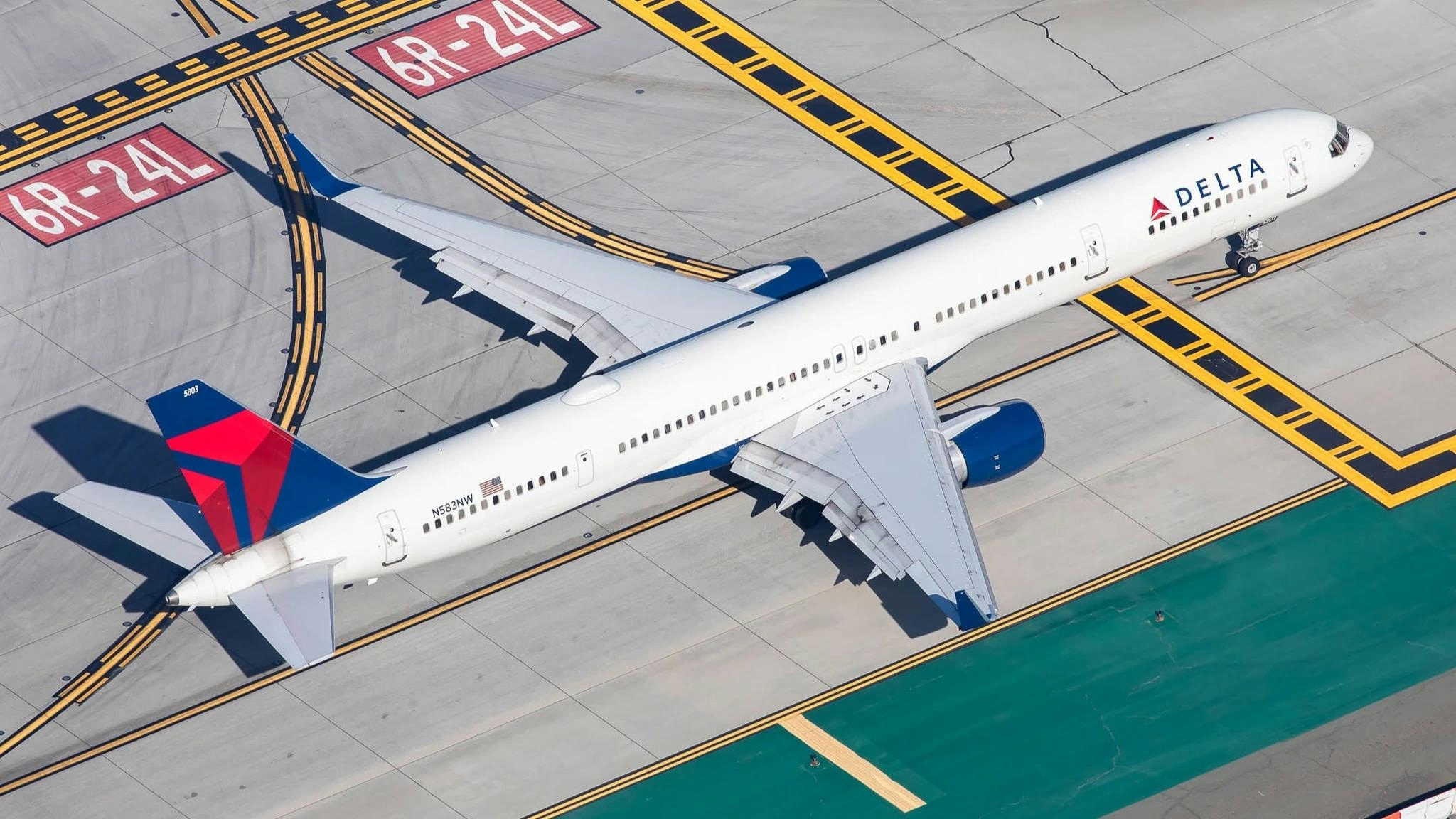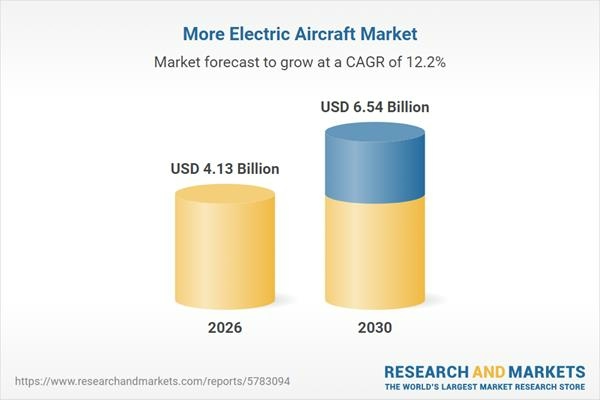AeroGenie — Your Intelligent Copilot.
Trending
Categories
Delta Air Lines Will Not Operate Narrowbody Jets on Transatlantic Routes

Delta Air Lines Will Not Operate Narrowbody Jets on Transatlantic Routes
Divergent Strategies in Transatlantic Service
As American Airlines and United Airlines increasingly deploy narrowbody aircraft for transatlantic flights, Delta Air Lines is deliberately choosing a different path. American has initiated training flights between the U.S. East Coast and Scotland, while United is operating its Boeing 737 MAX 8s to destinations such as the Azores and Madeira. Both carriers are heavily investing in the Airbus A321XLR, with each having 50 aircraft on order. American has already begun taking delivery of its first A321XLRs, aiming to reserve widebody jets for longer-haul routes.
In contrast, Delta has firmly stated its intention to maintain a fleet of widebody aircraft exclusively for transatlantic operations. During the company’s Q3 2025 earnings call, President Glen Hauenstein emphasized that Delta will not follow the narrowbody trend, citing concerns related to product quality and brand integrity. “We’ve chosen not to fly narrow bodies in the transatlantic because of product and brand issues. And so we’re not going to go in that direction,” Hauenstein remarked. He attributed Delta’s leading Net Promoter Scores for transatlantic service to the airline’s commitment to delivering a superior onboard experience.
Fleet Composition and Passenger Experience
Delta’s transatlantic fleet is predominantly composed of widebody aircraft, with the notable exception of flights to Iceland, which are operated using Boeing 757-200 narrowbodies. This exception stands apart from the airline’s otherwise consistent widebody strategy. The decision reflects Delta’s focus on catering to travelers who prioritize the space and comfort afforded by widebody jets, which typically offer more room to move, less crowded facilities, and an overall enhanced travel environment.
However, this approach presents certain challenges. Narrowbody jets like the A321XLR and Boeing 737 MAX 8 provide significant cost efficiencies, despite some operational constraints. Both American and United are equipping these aircraft with modern 1-1-1 herringbone-style lie-flat business-class seats, enhancing passenger comfort. By comparison, Delta continues to utilize forward-facing staggered seats on its Boeing 767-300ERs, a configuration that has faced criticism for its comfort, particularly in the lie-flat position. Delta plans to retire its 767 fleet by 2030, replacing them with newer Airbus A330neos and A350s, which are expected to offer improved passenger experiences.
Market Positioning and Competitive Challenges
Delta’s strategy also reflects a focus on major metropolitan markets, whereas competitors like United are targeting smaller tourist destinations with nonstop narrowbody flights, aiming to attract more price-sensitive travelers. This strategic divergence comes amid increased scrutiny of Delta’s market conduct. The airline’s recent forced termination of its partnership with Aeromexico, due to anticompetitive concerns, has drawn heightened attention from both regulators and competitors. In response, rival carriers may pursue aggressive pricing strategies or expand their route networks to capture market share that Delta risks losing by not adopting narrowbody transatlantic service.
To reinforce its transatlantic presence, Delta is launching new routes to destinations including Malta, Sardinia, and Porto. These expansions form part of a broader effort to strengthen its position, even as its operational choices diverge from prevailing industry trends.
Delta’s decision underscores a strategic bet on brand differentiation and passenger experience. How this approach will perform amid evolving market dynamics and intensifying competition remains to be seen.

Electric Aircraft Market Outlook Through 2035

Capital A Completes Sale of Aviation Business to AirAsia X

Four Gateway Towns to Lake Clark National Park

PRM Assist Secures €500,000 in Funding

Should Travelers Pay More for Human Support When Plans Go Wrong?

InterGlobe Aviation Shares Rise 4.3% Following January Portfolio Rebalancing

Key Market Segments Shaping Airline Route Profitability Software

Locatory.com Gains Traction Among Aviation MROs and Suppliers

JetBlue Flight Makes Emergency Landing Following Engine Failure

58 Pilots Graduate from Ethiopian University
